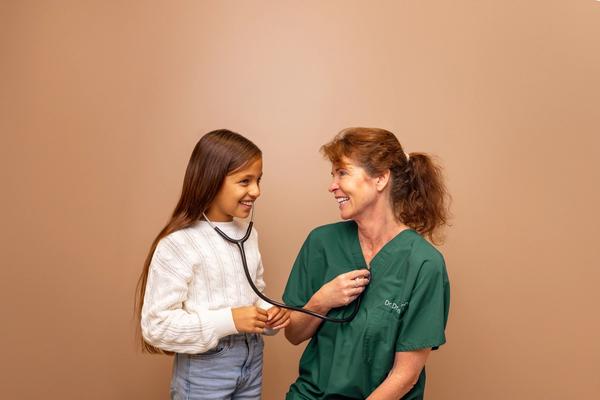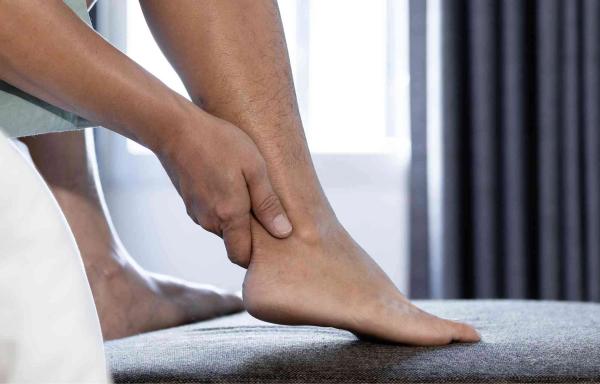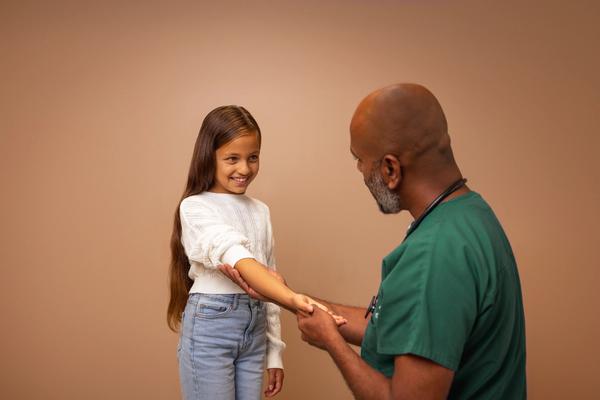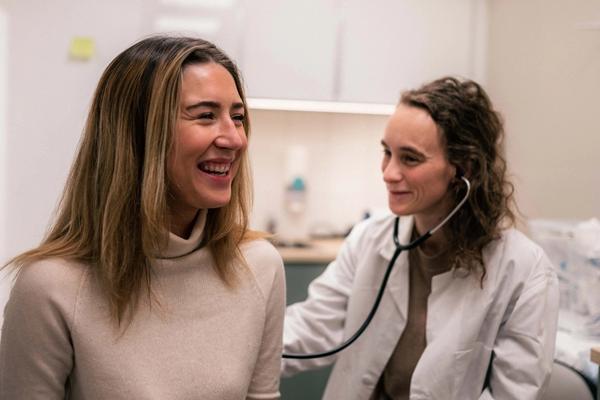✔️ We can see an infection when disease-causing microorganisms enter our body via, for example, the mouth, nose, or wounds and begin to multiply.
✔️ The body is full of good bacteria that help us fight the disease-causing microorganisms, so it is the latter that can cause infection.
✔️ When the immune system detects the microbes, they trigger an immune response that normally gives us the classic symptoms of infection.
✔️ So it is not the virus or the bacterium that gives us signs of disease, but our own immune system.
✔️ In the event of an infection, the body triggers an inflammatory reaction, which you can read more about below.
Book an appointment




